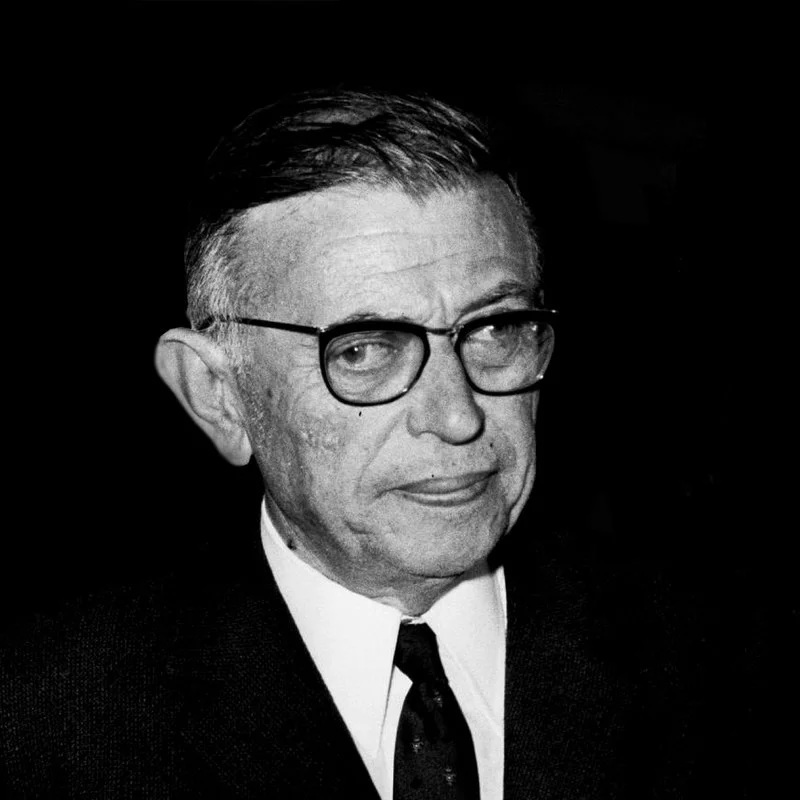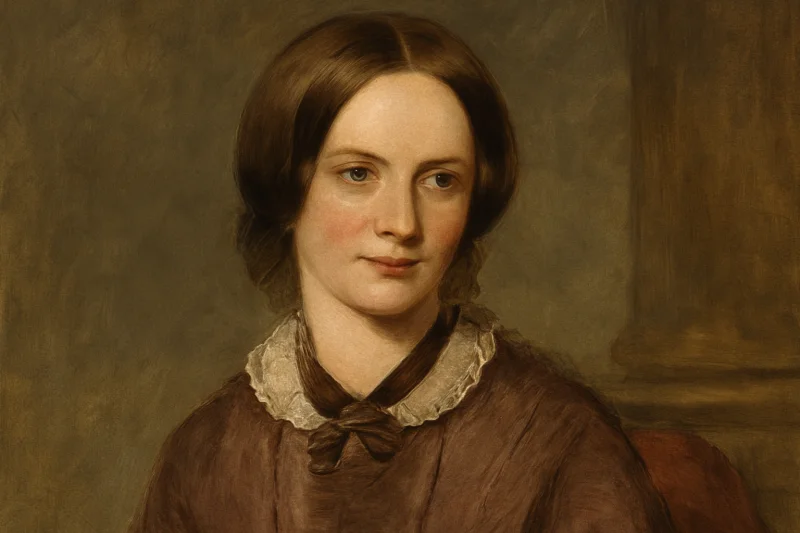Short Summary
Jean-Paul Sartre was a prominent French philosopher, playwright, and novelist, renowned for his contributions to existentialism and phenomenology. He is best known for his philosophical treatise "Being and Nothingness" and for declining the Nobel Prize in Literature in 1964. Sartre's work explored themes of freedom, responsibility, and the human condition, which have left a lasting impact on philosophy and literature. His partnership with fellow philosopher Simone de Beauvoir also contributed significantly to his influence.
Early Life & Education
Jean-Paul Sartre was born on June 21, 1905, in Paris, France, into a bourgeois family. His father, Jean-Baptiste Sartre, was a naval officer who died when Sartre was only two years old, and his mother, Anne-Marie Schweitzer, was the cousin of Nobel laureate Albert Schweitzer. Sartre was a precocious child, and his early education was heavily influenced by his grandfather, Charles Schweitzer, who introduced him to classic literature. He attended the École Normale Supérieure, where he studied philosophy and met many of his future intellectual collaborators. This period laid the foundation for his future philosophical inquiries and literary endeavors.
Career Highlights
Throughout his career, Sartre produced an extensive body of work that spanned novels, plays, essays, and philosophical texts. He published "Nausea," his first novel, in 1938, which introduced many existentialist themes. His major philosophical work, "Being and Nothingness," was published in 1943, establishing him as a leading existentialist thinker. Sartre also co-founded the journal "Les Temps Modernes" in 1945, which became an influential platform for existentialist and political discourse. Additionally, his plays, such as "No Exit" and "The Flies," further explored existentialist ideas and contributed to his reputation as a multifaceted intellectual.
Major Achievements
- Published "Being and Nothingness" (1943), a seminal work in existentialist philosophy.
- Co-founded the influential journal "Les Temps Modernes" in 1945.
- Authored the existentialist novel "Nausea" (1938), which gained critical acclaim.
- Refused the Nobel Prize in Literature in 1964, citing personal and philosophical reasons.
- Produced numerous plays that integrated existential themes, such as "No Exit" (1944).
Famous Quotes
- "Man is condemned to be free; because once thrown into the world, he is responsible for everything he does."
- "Hell is other people."
- "Existence precedes essence."
Interesting Facts
- Sartre was a lifelong partner of the feminist philosopher Simone de Beauvoir.
- He was actively involved in political activism, particularly supporting Marxist and leftist causes.
- Sartre's refusal of the Nobel Prize in Literature was partly due to his belief that a writer should not become an institution.
- He was imprisoned during World War II, where he began writing "Being and Nothingness."
- Sartre had a love for jazz music and often incorporated it into his works.
Legacy / Influence
Sartre's exploration of existentialism and human freedom has had a profound influence on both philosophy and literature. His ideas on personal responsibility and the nature of existence continue to resonate with contemporary thinkers and writers. Sartre also played a crucial role in post-war intellectual life in France, and his partnership with Simone de Beauvoir helped shape feminist discourse. His works remain a cornerstone of existentialist philosophy and are studied worldwide.
FAQ
Q: Why is Jean-Paul Sartre famous?
A: He is famous for his contributions to existentialist philosophy and his influential literary works.
Q: What is "Being and Nothingness"?
A: It is Sartre's major philosophical work, published in 1943, which outlines his existentialist philosophy.
Q: Why did Sartre refuse the Nobel Prize?
A: Sartre declined the Nobel Prize in Literature in 1964 because he believed that a writer should not be turned into an institution.
Q: What was Sartre's relationship with Simone de Beauvoir?
A: Simone de Beauvoir was Sartre's lifelong partner and intellectual collaborator.










